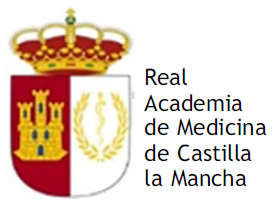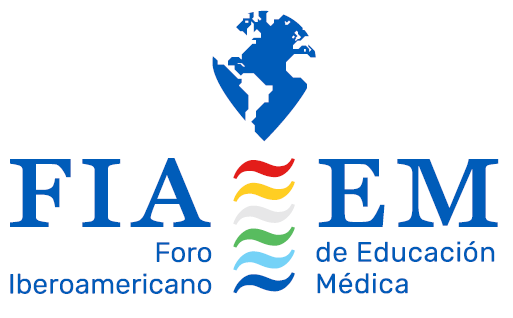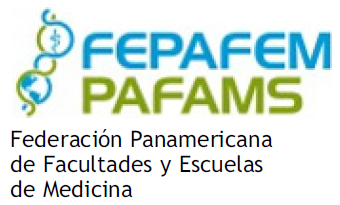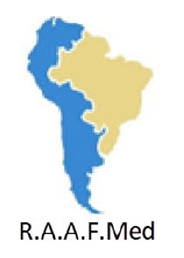
Many institutions of higher education in the world have adopted the 100% virtual modality of most of their academic programs offered. However, searching on multiple scales for knowledge of scientifically reliable material on the internet can be challenging. Barriers to access to knowledge have been reported in previous epidemics.1,2
Massive Open Online Courses (MOOCs), a type of online course characterized by large-scale student participation and open access via the Internet, often sponsored and financed by major universities and institutions.2 MOOCs have been proven especially useful in epidemics and outbreaks.2,3 Hence, with the aim to identify MOOCs about COVID-19, a search in Google (www.google.com) and in 24 MOOCs providers (including Coursera, edX, WizIQ, FutureLearn, POLHN, WHO database and OpenClassrooms) was conducted using the keywords “coronavirus”, “COVID-19”, “online courses” and its equivalents in Spanish.
The search provided about 1,650,000,000 results. 14 courses were identified. All courses are available in English, but half of them are offered in a variety of other languages. Also, half of them offer the option of certification. Regarding content, 85% (12/14) focused on disease prevention and control measures, 42% (6/14) on epidemiology, 42% (6/14) on treatment, 35% (5/14) on clinical manifestations and 21% (3/14) on diagnosis. Five courses were provided by the WHO. Nine of the fourteen courses could be done in less than two hours.
Taking into account the socioeconomic implications of the current pandemic and the urgent need to increase awareness of the SARS-CoV-2 infection, we consider that MOOCs can be the best cost-effective alternative for formal virtual education about the current pandemic. Thus, we encourage to rise the collaboration of academic organizations to develop MOOCs in order to reduce knowledge gaps, intensively prepare physicians and healthcare workers, encourage effective prevention measures and decrease the general disinformation of the infection.
Source of fundingNone.
Conflict of interestNone.








